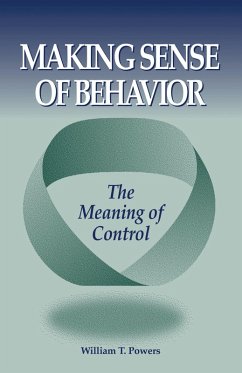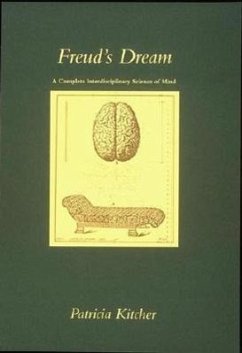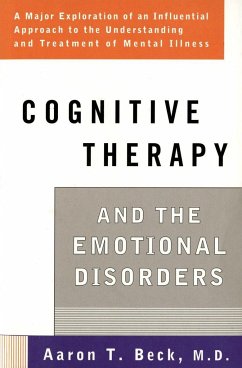
Behavior
The Control of Perception
Versandkostenfrei!
Versandfertig in über 4 Wochen
33,99 €
inkl. MwSt.

PAYBACK Punkte
17 °P sammeln!
In 1973, William T. Powers published the original version of Behavior: The Control of Perception. In the second edition, Powers made some minor edits and clarifications and added a chapter on "Emotion". This third edition, published by the Powers Family, contains all of the changes and additions included in the second edition, with a few minor typos corrected. This is the book that forms the basis for the research conducted by the International Association for Perceptual Control Theory (https: //www.iapct.org/). From the author: "This book represents, I hope, a step on the path back to a conce...
In 1973, William T. Powers published the original version of Behavior: The Control of Perception. In the second edition, Powers made some minor edits and clarifications and added a chapter on "Emotion". This third edition, published by the Powers Family, contains all of the changes and additions included in the second edition, with a few minor typos corrected. This is the book that forms the basis for the research conducted by the International Association for Perceptual Control Theory (https: //www.iapct.org/). From the author: "This book represents, I hope, a step on the path back to a concept of man as autonomous, and away from the concept of man as automaton. Yet in allowing my humanistic bias to hold sway, I do not think I have denied science. Indeed, to most readers the first part of this book will seem a direct denial of my hope, for it gives a deliberately and specifically mechanistic picture of how the central nervous system behaves. Only after the mechanistic model is thoroughly understood will the reader see that it leads beyond ordinary mechanism and that it is capable of describing the interface between what we can represent as mechanism and what we cannot yet represent at all, but only experience." "The conclusion we are led to by the thinking in this book is that there is mechanism in behavior-but it is not the mechanism the behaviorists have in mind, for it is capable of having inner purposes in the full humanistic sense. On the other hand we are led also to seek not just a model of behavioral mechanisms, but a deep awareness that we are constructing a model; and we are encouraged to apply the model to ourselves. "














